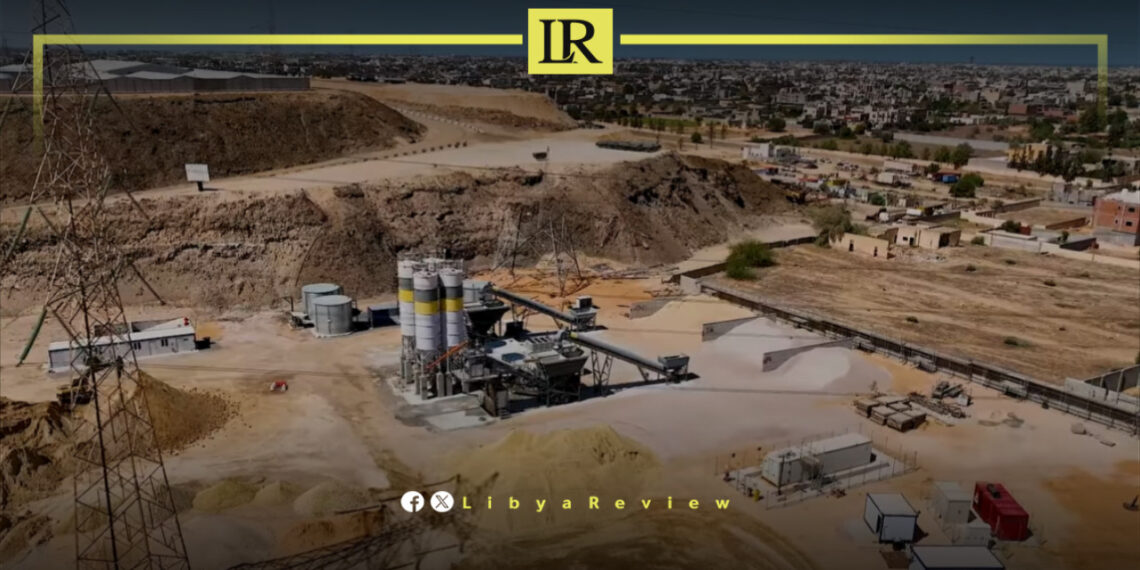On Saturday, Libya’s General Electricity Company reported significant progress in the construction of the South Tripoli power plant, a key project that aims to boost the country’s electricity capacity by 1,320 megawatts.
The plant is being developed through a collaboration between two international giants—Germany’s Siemens and Turkey’s Calik—both known for their expertise in energy infrastructure.
Currently, the project is in its initial phase, focusing on civil works and preparing the site for the next stages of construction.
The swift progress in these early stages is a promising sign for a country that has long struggled with power shortages due to years of conflict and underinvestment in its energy sector. The completion of this plant will be a major step toward stabilizing Libya’s power grid, particularly in the capital, Tripoli, and the surrounding areas.
The South Tripoli power plant is a critical part of Libya’s broader strategy to revive its energy sector, which has been hampered by damage to infrastructure, political instability, and frequent blackouts since the 2011 civil war.
The new plant is expected to provide much-needed relief to millions of Libyans who have faced ongoing electricity disruptions. Once operational, its 1,320 MW capacity will play a vital role in reducing blackouts and ensuring a more reliable power supply across the central and western regions of the country.
This project also highlights Libya’s commitment to working with international partners to accelerate its energy recovery. Siemens, known for its cutting-edge technology in power generation, and Calik, a major player in infrastructure development, are both leading efforts to ensure the plant is built efficiently and on schedule.
Their involvement underscores Libya’s reliance on global expertise to modernize its energy infrastructure and enhance overall capacity.


